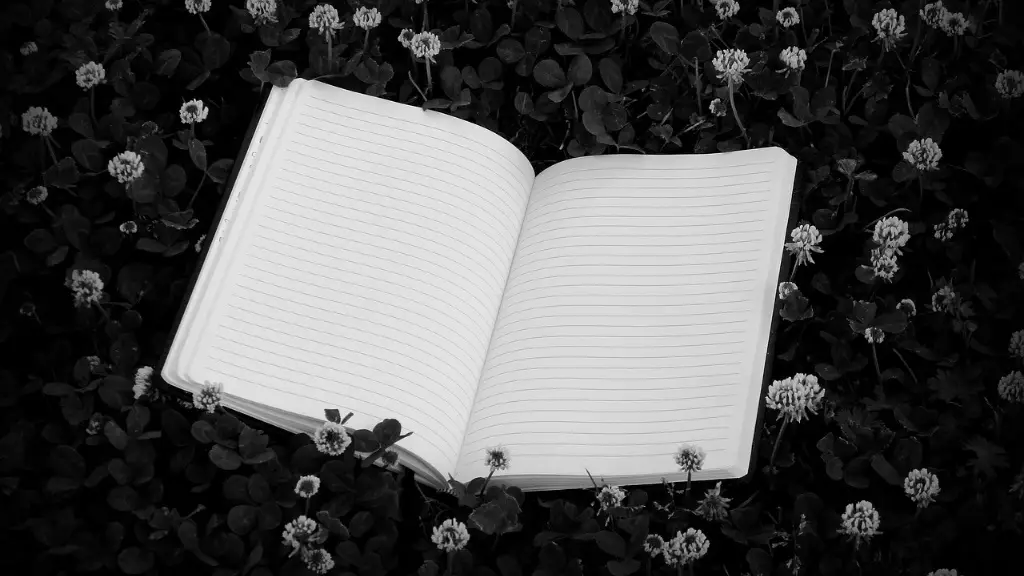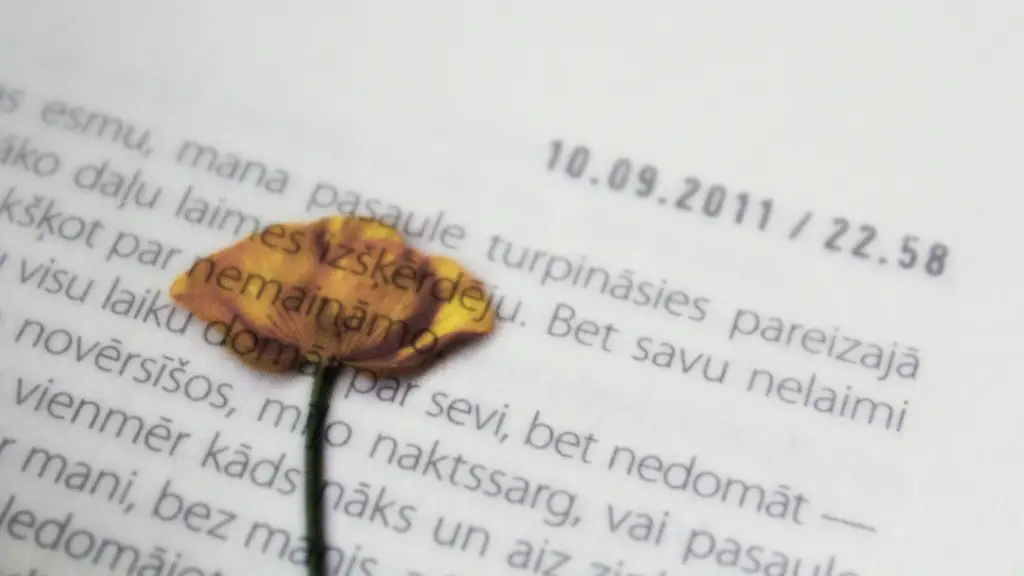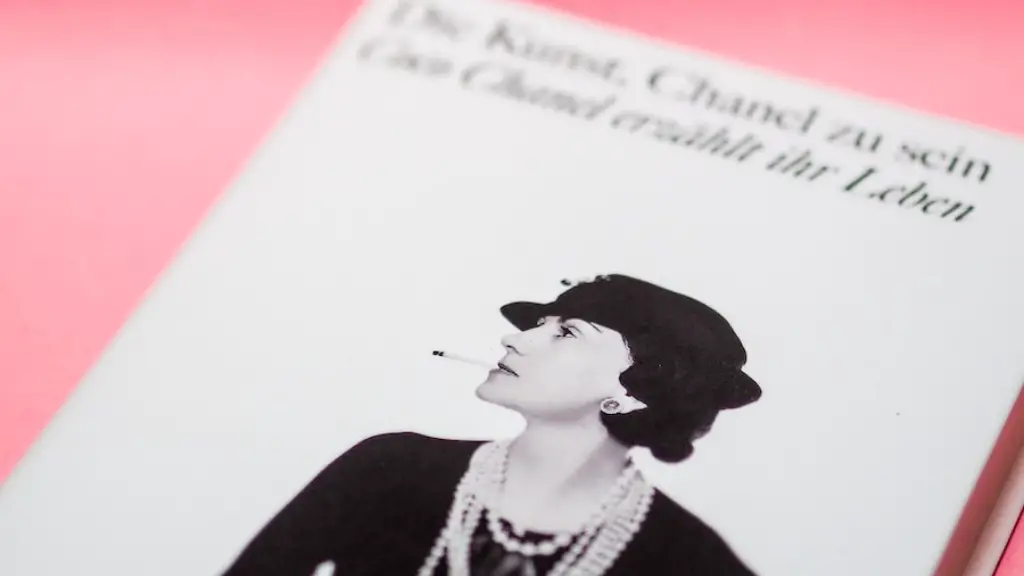Writing poetry can feel like a creative refuge – often tucked away in a private corner of one’s home or mind. But here’s a paradox; when it comes to publication, getting that work out there can be an overwhelming process. Most poets face the frustration of formulating a submission plan and then gathering the contact information for a potential publisher. In the digital age when it takes no more than a few keystrokes to contact a magazine, these things can seem intimidating. So, to help provide a road map, here are some pointers for submitting poetry to journals.
Although much of the submission process is reasonably easy to figure out, the most efficient approach to submitting poetry is to investigate the publications with similar content that you’d like to be published in. Take time to read their poetry, the particular aesthetic they’re looking for, and the precise submission requirements. Some magazines list those requirements directly in their online submissions guidelines; if not, writers may have to pitch their work via email or look for additional information on the publication’s website.
Typically, magazines don’t charge for a submission, but some may. Keep in mind that not only does the author have to meet a publication’s guidelines and style but there is also often an external component to submissions that a poet may not consider: an editorial board whose main responsibility is to review submissions and make sure a publication’s content is managed in a consistent manner.
It goes without saying that the best way to get your work accepted is to be professional. Start by using the publication’s preferred form of contact and make sure the subject line and body language are clear. Be succinct and have a positive, confident attitude when explaining your work. Remember, you’re selling it to a publication.
It’s also important to keep stock of what you send. When submitting request a copy of the copyright agreement, check the magazines publishing and their compensation policies, and always keep a record of what you submitted, when, and where. And, if you’re applying to a postal submission, keep a proof of postage. This is done in case a magazine goes out of print and your work isn’t accepted.
Finally, and most importantly, don’t submit work if you yourself are not sure about it. As poet Stephen Dobyns said, “Do not send out a poem that doesn’t excite you.” You should always make sure you love what you write and that it’s the best version of your work. That’s the most important tip for submitting poetry to journals.
Receiving Rejection from Journals
Rejection will occur, no matter what. Poet Elizabeth Bishop said, “One learns to accept rejection and make use of it.” And while rejection can be hard to handle, it can also be a valuable learning experience. Consider every rejection letter as an opportunity to refine and refine your poems and be aware that there are myriad reasons a magazine may reject your poem.
When poets receive a rejection letter, they should take time to analyze it. Rejection letters typically provide feedback, so pointer are available information and content. The responses can even offer insight into the taste of the publication and suggest the types of poetry they’re looking for in future editions.
Learning from rejection will also come from being scrupulously honest to oneself about the quality of the work and whether or not it’s up to the standard. Make sure it’s the best it can be whenever possible, and don’t be afraid to ask friends, mentors, or beta readers to read the poem and offer feedback.
Writers should always remember that rejection isn’t personal. It’s about their poetry and how well it fits with a magazine’s needs and audience. It’s no reflection on the poet’s worth as a person. Remember this when submitting. Even if an editor says no, editors are people, too. Respect must be maintained on both sides.
Poet Platforms
The publishing industry has seen an expansion in platforms available to poets. Many have begun to use self-publishing websites, such as Reedsy and Woodly, to publicise their work. The advantage of these sites is that they can help poets to find their own audience and even allow poets to be in control of their own release schedule.
Nevertheless, it is important to realise the potential limitations of self-publishing: there is almost no feedback as to what readers think of the work, and there is no guarantee that the work will reach a larger readership. Furthermore, poets may miss out on being interviewed by magazines or journals which can be a great chance to gain publicity.
An advantage of submitting to literary journals and magazines is that they provide writers with more context. It can feel intimidating to set one’s work alongside other independent poets, but feedback on the spelling and grammar of the submission, as well as potential for the submission to be shared and published in a better format, encourages a sense of professionalism and rigor.
Submitting to Literary Contests
Poets can also choose to put their work up to contests. These are a great way to get some name recognition, as often the contests are judged by a well-known poet or established author. Additionally, some competitions offer a cash prize, which can be great for poets who are just starting out.
That being said, opinion is always divided when it comes to entering poetry competitions. For example, some people will claim that it is an act of vanity to submit a poem to a literary contest. There are also those who view these contests as a corruption of the creative process, with poets only trying to win an award instead of writing a piece because they have something to express.
At the end of the day, it’s up to the individual poet to decide if entering a contest is right for them. Be conscious of the fact that when it comes to entering contests, it’s often a numbers game and that one piece could be competing against hundreds of submissions, so there’s no guarantee of success.
Conclusion
Submitting poetry to journals or publications can be nerve-wracking and involve a lot of administrative forethought, but an investment of time and effort into the process can lead to great satisfaction for the poet. Publishing a poem is about more than putting words on paper: it’s about allowing our work to interact with the wider literary conversation, and there’s no better way to do this than to submit poetry to a journal.




